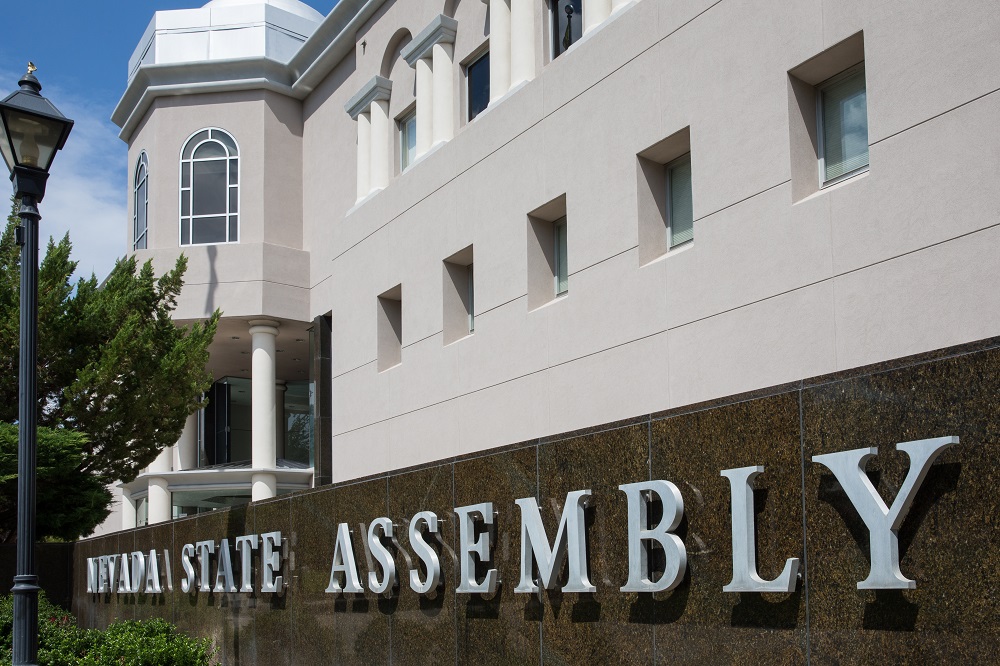Despite the national and global events that took center stage in 2021, the upward trend in data privacy legislation at the state level continued and with the addition of the amendments to the Safeguards Rule, 2022 brings new compliance challenges for many businesses and financial institutions.
Posts published in “State & Local Regulation”
When 2020 ended, many of us were unsure what 2021 would look like from a bankruptcy perspective. Would consumer filings increase? Could we see bankruptcy reform and particularly in the area of discharge of student loans?
On Oct. 8, S.737A was signed into New York law, “requiring debt collectors to inform debtors that written communications are available in large print format.” The legislation becomes effective Nov. 7, 2021.
The District of Columbia recently passed legislation to substantially revise its debt collection law on an emergency basis. The amended law became effective Sept. 23, 2021. DC’s debt collection law was first enacted in 1971 and the amendments not only make it more burdensome for debt collectors but also for most financial services companies and other businesses operating in the District who were not previously within the scope of the law.
On July 6, Colorado Gov. Jared Polis signed into law Senate Bill 21-190, the Colorado Privacy Act. This makes Colorado the third state, behind California and Virginia, to enact comprehensive consumer data privacy legislation. The act becomes effective July 1, 2023.
Nevada SB248, which regulates the collection of certain medical debt in the state, becomes effective July 1. The bill, introduced in March 2021, was rushed through the Legislature before it went out of session on June 1. The result is that SB248 is a broken piece of legislation bound to cause harm to medical consumers, the medical collections industry, and health care providers.
The Maryland Court of Appeals, the highest court in the State, recently held that the plaintiffs owners and tenants of residential properties set forth a cause of action under Md. Code Real Prop. 7-113 against a mortgage servicer and real estate broker for supposedly posting eviction notices without first ascertaining the occupancy status, even though the notices did not cause the occupants to vacate the properties.
On March 15, the California Office of the Attorney General announced that additional regulations relating to the California Consumer Privacy Act (CCPA) had been approved, effective immediately.
On Jan. 19, a federal court in Pennsylvania dismissed a complaint against a debt buyer which alleged violations of the federal Fair Debt Collection Practices Act stemming from an alleged failure to be licensed under the Pennsylvania Consumer Discount Company Act.
During what was an extraordinary and difficult year, there was an abundance of activity at the state and federal levels and a good deal of it was driven by the present COVID-19 pandemic. Here is my take on some of the most significant regulatory activities from the past year in consumer debt collection that will continue to impact both consumers and creditors in the years to come.
On Sept. 9, 2020, California Assembly Bill 1885 was enacted, significantly increasing the amount of California’s homestead exemption. The amendment becomes effective Jan. 1, 2021.












